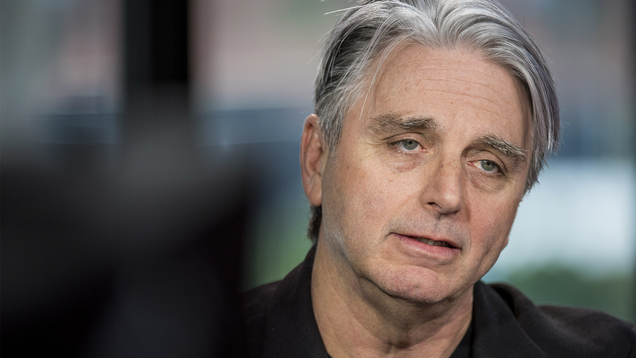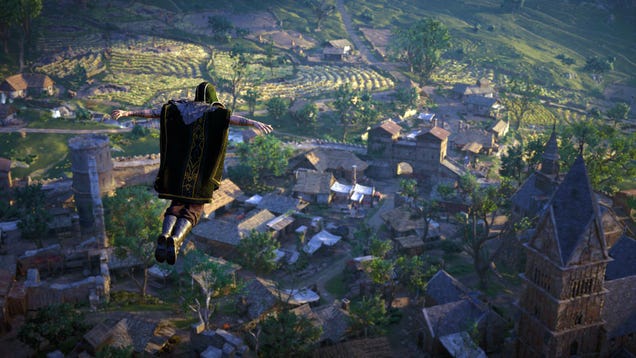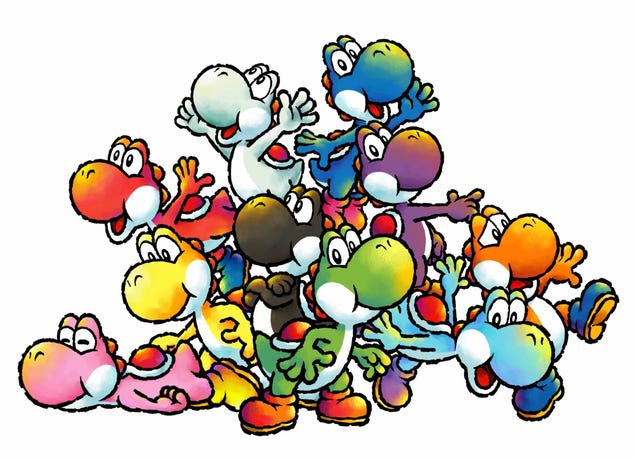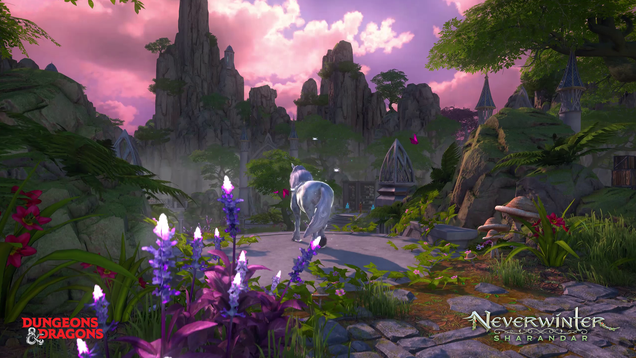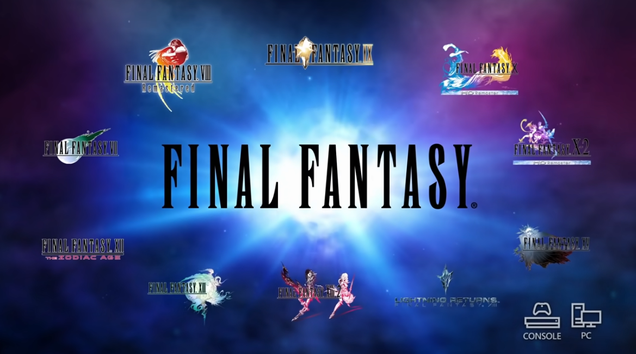Unity, the game engine used in popular titles like Cuphead, Fall Guys, and Among Us, has apologized for the “confusion and angst” caused by a newly announced fee. On September 12, the company released a lengthy post announcing its Runtime Fee, which would charge developers for each game installation past a certain threshold.
Developers reacted swiftly and angrily to the announcement, pointing to a host of problems the fee might cause, from charity bundles costing developers hundreds of thousands of dollars to the potential for bad actors to revenue-bomb games by repeatedly uninstalling and reinstalling them. The reaction was wide-reaching, with the heads of major indie studios behind games like Cult of the Lamb and Rust lambasting the new fee—even Game Awards host Geoff Keighley got involved to express his displeasure.
Unity apologized in a post shared to X (formerly Twitter) on September 17. It reads, “We have heard you. We apologize for the confusion and angst the runtime fee policy we announced on Tuesday caused. We are listening, talking to our team members, community, customers, and partners, and will be making changes to the policy. We will share an update in a couple of days. Thank you for your honest and critical feedback.” A response from Keighley asking to “see the changes” is currently the top comment under the post.
We have heard you. We apologize for the confusion and angst the runtime fee policy we announced on Tuesday caused. We are listening, talking to our team members, community, customers, and partners, and will be making changes to the policy. We will share an update in a couple of…
— Unity (@unity) September 17, 2023
Bloomberg reports that, though the company has not gone public with any concrete changes to the policy, it has plans to overhaul it. “Under the tentative new plan, Unity will limit fees to 4% of a game’s revenue for customers making over $1 million,” the report reads. The new approach will also reportedly not retroactively count installations that took place before the policy goes into effect.
The controversial new Runtime Fee, set to go into effect on January 1, 2024, is based on the amount of revenue a game generates as well as the number of times it’s installed past a certain point. Unity Personal and Unity Plus plans reach the Runtime Fee threshold by earning $200,000 in a year and 200,000 lifetime installs; Unity Pro and Unity Enterprise accounts hit it at $1 million annual revenue and 1 million lifetime installs. But developers and other industry leaders were quick to point out how difficult it is to determine how many times a game is installed, especially since keeping track of those installations would require wading into some murky privacy waters.
Bloomberg also reports that Unity executive Marc Whitten said the latest changes aren’t public yet because “executives are still running them by partners and don’t want to repeat last week’s communications debacle.”
Unity attempted to right the ship shortly after the announcement, releasing a set of FAQs that only further worried developers. At first, the company reconfirmed that multiple reinstalls or redownloads of games would count towards the fee, but later backtracked that statement after “regrouping,” according to Axios’ Stephen Totilo. Then Whitten assured concerned developers that “games offered for charity or included in charities will be exempt from the fees,” though many pointed out the (still unclear) process to apply for redemption would likely be needlessly tedious. Unity also refused to release information about how it would be keeping track of installs, instead only saying that it would rely on “proprietary software.”
The company then sent out another set of clarifying information via X on September 13, asserting that only about 10% of developers would be affected by the new policy. The post was quickly hit with a clarification badge pointing out that this meant roughly 23,000 developers would be affected by the change, based on a 2022 gaming report from Unity that stated about 230,000 developers used the game engine. The post was then taken down.
A credible death threat closed the Unity offices just days later on September 14.
It’s unclear what the upcoming changes to the runtime fee policy will entail, but we’ll update this story accordingly. Kotaku reached out to Unity for comment.
Source: kotaku


